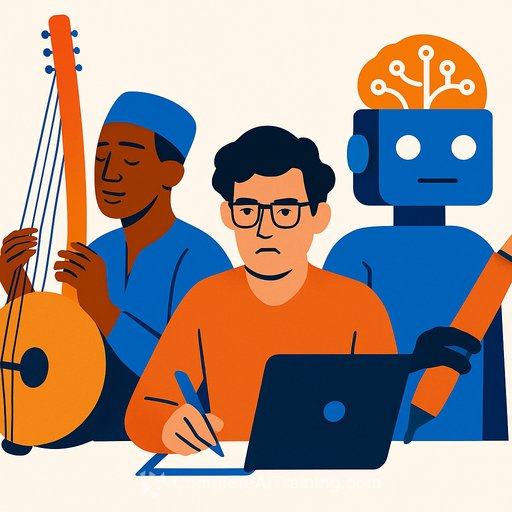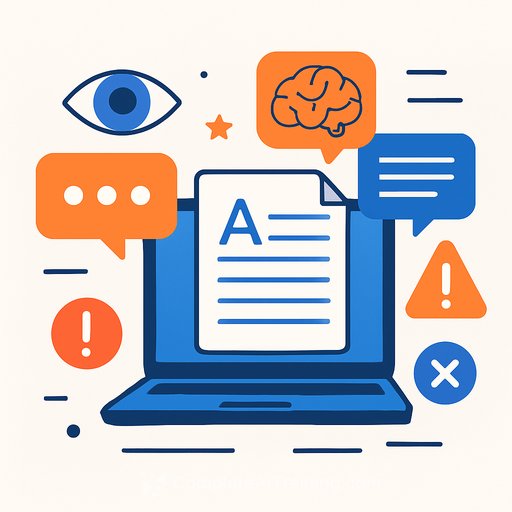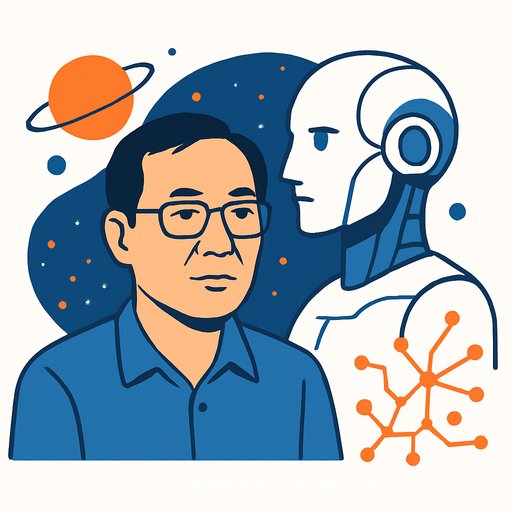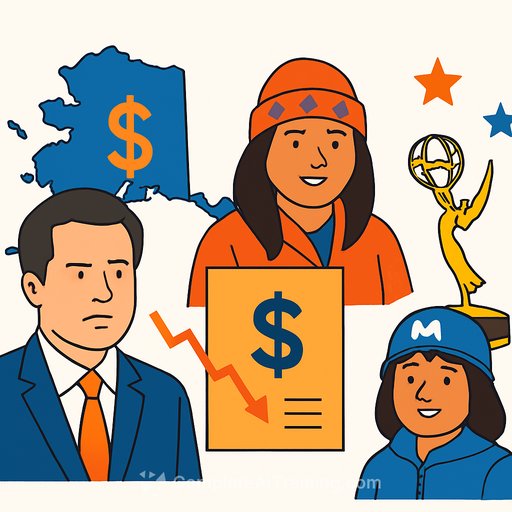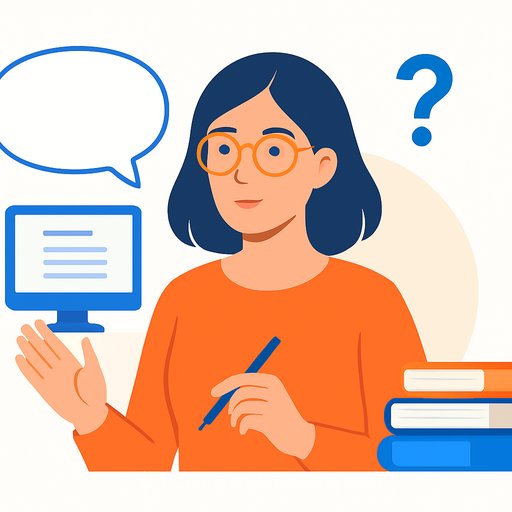Who Gets the Byline When AI Touches the Draft?
Authorship has never been simple. Monarchs dictated, scribes polished. Politicians and CEOs publish "their" stories with human hands in the shadows. In many African traditions, folktales belonged to the community, not the individual.
AI adds a new twist. If a machine shapes your poem or novel, does it deserve the byline? The short answer: no. The long answer: you owe readers clarity about how you used it.
Why AI Isn't an Author
Authorship lives in agency, memory, and accountability. A ghostwriter has a life, a point of view, and skin in the game. AI has prediction. It patterns language without the burden of lived experience.
Credit without responsibility is empty. If an AI-generated chapter harms, misleads, or plagiarizes, who takes the heat? Not the model. You do.
The Cultural Weight Writers Carry
African literature shows what's at stake. Achebe framed the writer's role as restoring belief to a society fractured by history. That kind of work leans on lineage, language, and memory. An algorithm trained on global averages won't feel the cadence of Igbo proverbs or Swahili song the way a human ear does.
Calling AI a co-author flattens that burden. It treats fluency like depth. It confuses arrangement with meaning.
So, Should Writers Use AI?
Yes-as a tool, not a substitute. Use it like a mirror, an assistant, a second brain. Keep your hand on the wheel. Your judgment-not the model-must determine what lives on the page.
A Writer's AI Policy You Can Adopt Today
- Ownership: You retain authorship. AI never gets a byline.
- Human control: You outline, decide, rewrite, and sign off. AI drafts or suggestions are raw material.
- Transparency: Disclose meaningful AI assistance in acknowledgments or a brief note (especially for long-form).
- Accountability: You take full responsibility for accuracy, originality, and ethics.
- Record-keeping: Save prompts, drafts, and edits. Keep a simple log for each project.
- Sensitivity checks: For cultural, historical, or community stories, verify details with human experts and lived sources.
- Originality checks: Run factual verification and plagiarism scans. Then do a human "voice pass."
Practical Workflow for Using AI Without Losing Your Voice
- Ideation: Use AI to list angles, questions, or counterpoints. Pick the few that feel alive to you.
- Outlining: Ask for structure options. Merge them into one outline that fits your intent.
- Draft support: Let AI suggest examples, transitions, or alternatives-then rewrite in your own cadence.
- Style guardrails: Keep a personal style sheet (tone, syntax, banned words, cultural notes). Enforce it on every pass.
- Verification: Fact-check names, dates, citations, and quotes manually. Don't trust model confidence.
- Human pass: Read aloud. Cut anything that sounds generic. Replace abstractions with concrete detail.
- Disclosure: If AI shaped sections beyond line edits, add a short note of use. Build trust; don't guess at reader expectations.
Legal and Market Signals
The U.S. Copyright Office states that works must have human authorship; AI-generated portions aren't protected unless you've meaningfully transformed them. Read their guidance for context and compliance: U.S. Copyright Office: AI Guidance.
Where AI Helps-and Where It Hurts
- Good uses: brainstorming, outlining, alternative phrasings, copyedits, sensitivity prompts to widen your blind spots.
- Bad uses: offloading lived experience, cultural nuance, or moral judgment; generating whole chapters you barely touch.
The Bottom Line for Writers
AI can assist, but it can't carry the human weight of memory, risk, and meaning. Keep authorship with people. Keep responsibility with people. Be open about your tools, and stand by your words.
Want to Level Up Your AI-as-a-Tool Skills (Without Losing Your Voice)?
Explore focused resources for writers and creatives here: Complete AI Training: Courses by Job.
Your membership also unlocks:

